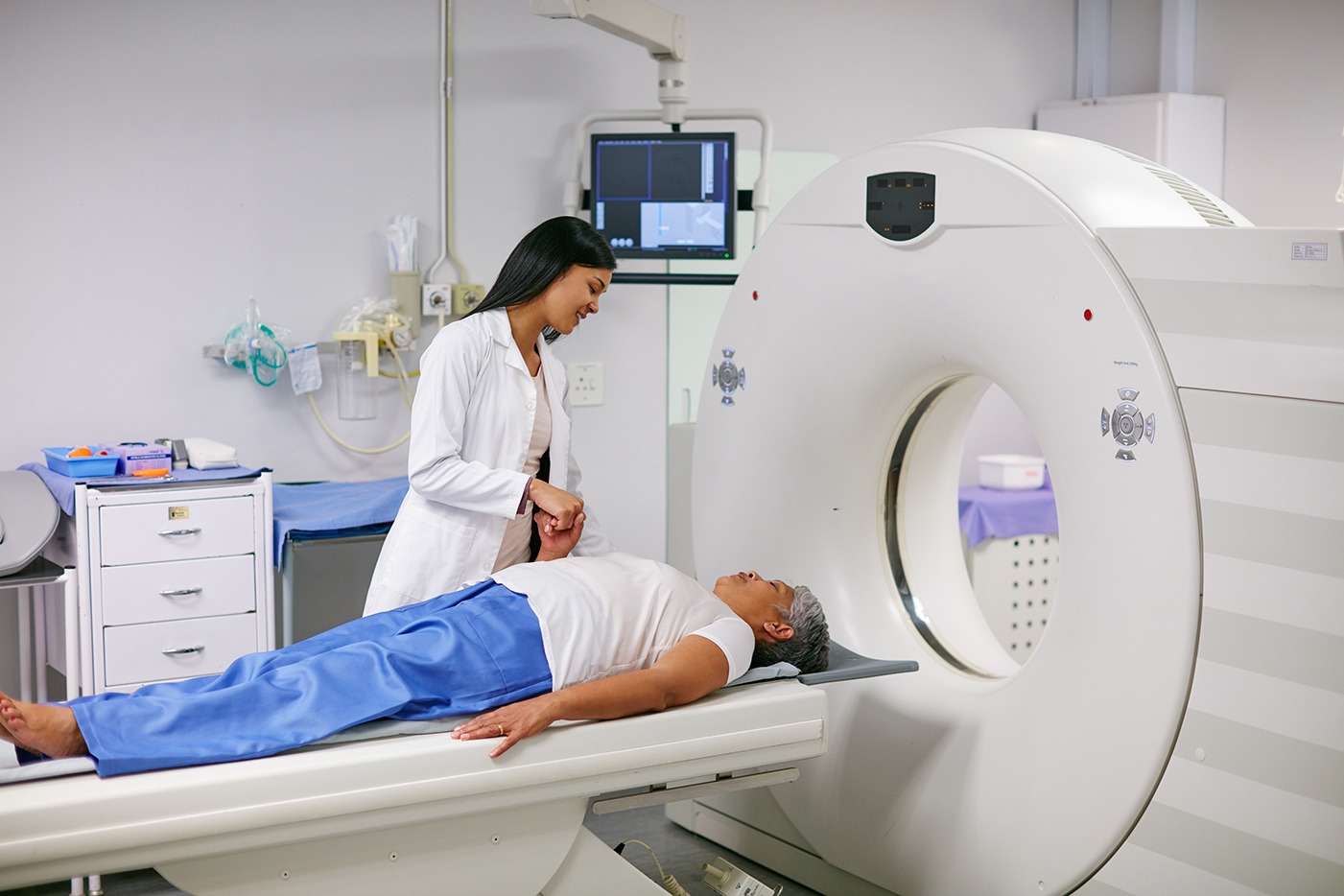Why is an MRI Cervical Spine Scan Important?
1] Accurate Diagnosis: It provides highly detailed images of the cervical spine, enabling doctors to identify the exact cause of neck pain, arm pain, or neurological symptoms. This helps in making an accurate diagnosis and planning appropriate treatment.
2] Non-Invasive: Unlike procedures such as CT scans or X-rays, an MRI cervical spine scan does not involve radiation, making it a safer option for frequent monitoring, especially for those with chronic neck pain.
3] Detailed Soft Tissue Imaging: MRI is the gold standard for imaging soft tissues, which is essential for evaluating conditions that affect not only the bones but also the intervertebral discs, ligaments, and spinal cord.
4] Pre-Surgical Planning: For patients considering surgery for a cervical spine issue, an MRI helps provide critical details regarding the location and extent of the problem, aiding in surgical planning and ensuring better outcomes.
5] Monitoring Treatment: If you are undergoing treatment for a cervical spine condition, MRI scans can be used to track the progress of the disease and determine if further intervention is necessary.
MRI Cervical Spine Scan Cost Pune
The cost of an MRI Cervical Spine Scan in Pune is typically around Rs.2500. This scan is used to assess the cervical spine (neck region) for conditions such as herniated discs, nerve compression, fractures, or spinal stenosis. The price may vary depending on the diagnostic center, the MRI technology used, and additional services provided. For accurate pricing and availability, it’s advisable to consult local MRI Scan center in Pune.
How Does an MRI Cervical Spine Scan Work?
1] Preparation: No special preparation is needed for an MRI cervical spine scan. However, you will be asked to remove all metal objects (jewelry, eyeglasses, hearing aids, etc.) before the procedure. If you have a pacemaker, cochlear implant, or any other metallic implant, it’s important to inform the medical team beforehand.
2] Positioning: You will be asked to lie flat on an MRI table, and your head will be positioned in a cradle that helps keep your neck still during the scan. The MRI technician may also place coils around your neck to enhance the quality of the images.
3] The Scan: During the scan, the MRI machine will create a magnetic field around your body. You may hear a loud thumping or tapping noise during the procedure, but earplugs or headphones will be provided to reduce the noise. It’s important to remain as still as possible to ensure clear, high-quality images.
4] Contrast Dye: In some cases, a contrast agent (gadolinium-based) may be injected intravenously to provide clearer images of soft tissues, such as discs or tumors. The contrast dye helps highlight certain structures for a more detailed view.
5] Post-Scan: After the MRI is complete, you can usually resume normal activities immediately. If contrast dye was used, you may be advised to drink plenty of fluids to help flush it from your system.









